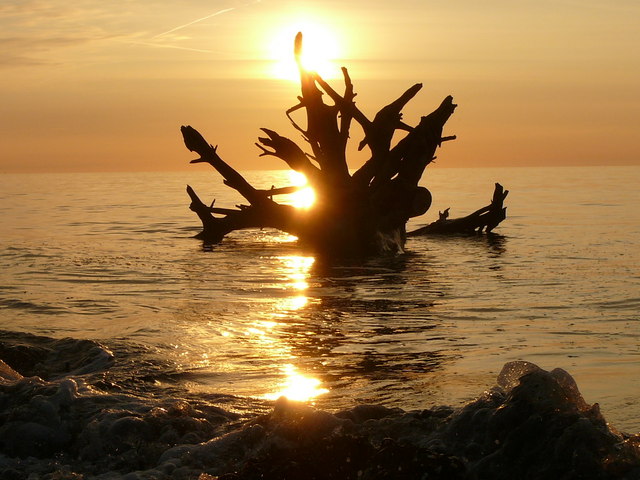
Food is both mundane and magical, ephemeral and essential – the ultimate cultural touchstone. Our religions proscribe taboo foods, oblige sacred meals and employ food as a conduit for sacred power. Our myths abound with divine edibles that grant gods immortality, while our folktales counsel against feasting in fairyland lest we trap ourselves forever.
But for all the reverence we pay them, many comestibles arose from humble, bizarre or even disgusting sources, while what we choose, or are compelled, to eat is driven by everything from necessity to neurosis. For better or worse, food scientists, molecular gastronomists and, yes, marketing firms channel these impulses in profitable (if not always healthy directions). The results are, shall we say, appetizingly bizarre …


